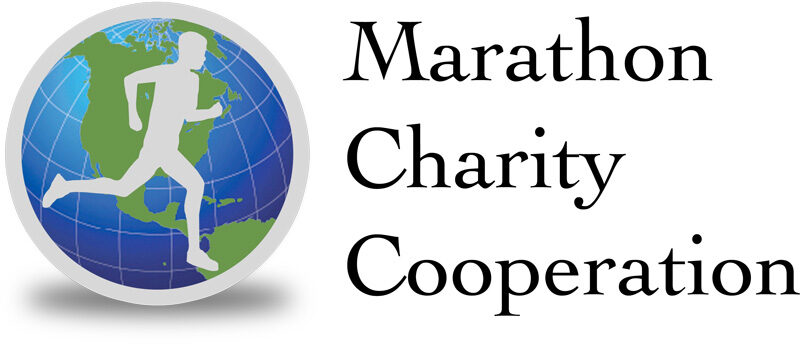In real-world experiment, marathoners with specific fueling plan ran almost 11 minutes faster.
By Amby Burfoot (Google+);
Published in Runners World
June 9, 2014
The annals of fluid- and carb-taking research are overflowing with laboratory studies, i.e., runners on a treadmill. These studies almost always show that endurance athletes perform better when they drink something and consume some carbs. In the lab. On the treadmill.
Far fewer studies are done outside the lab, where the random weirdness of real-life running can prove, well, random and weird. What’s more, real-world studies don’t always replicate the lab experiments.
Recently, a group of Swedish researchers decided to take the path less traveled. They did a fluid and carb study in the real world–at the 2013 Copenhagen Marathon. Their main finding: That those who followed a specified fueling plan ran almost 11 minutes faster than runners of similar ability who consumed whatever they wanted, whenever they wanted during the race.
The study participants were 14 non-elite runners who, seven weeks before the marathon, had essentially the same 10K times, about 45:40. The researchers expected that these 14 runners should finish the marathon in relatively similar times, because 10K performance is closely linked to marathon performance. Next the researchers divided these runners into two groups of seven. One group was told to follow whatever nutritional strategy they wanted during the marathon.
The other group was given a very specific “scientific strategy.” They consumed the following: before the start, 200 milliliters of water and two gels (with 20 grams of glucose, and small amounts of sodium and caffeine in each gel); 40 minutes later, another gel; for the rest of the marathon, a gel every 20 minutes. In addition, the scientific runners were told to drink about 750 milliliters (about 25 ounces, or just more than three cups) of water per hour.
Overall, this gave the scientific runners 750 milliliters of water, 60 grams of glucose, .06 gram of sodium and .09 gram of caffeine per hour.
At the Copenhagen finish line, the go-as-you please runners had an average finish time of 3:49:26, compared to 3:38:31 for the planned fuelers. “Non-elite runners completed a marathon 4.7% faster by applying a scientifically based rather than a freely chosen nutritional strategy,” the researchers concluded. “Furthermore, average values of gastrointestinal symptoms were low and not different between groups.”
Like most trials, this one wasn’t perfect. The “scientific” condition couldn’t be masked, so those runners might have benefited from the placebo effect. But at the very least, it’s a real-world test, and the results generally confirm what has been found in the lab: modest amounts of water, carbs, sodium, and caffeine are good if you’re going to be doing an endurance event longer than several hours. Even better, this study suggests, is to have a plan to consume those items from the start, and stick with it.
